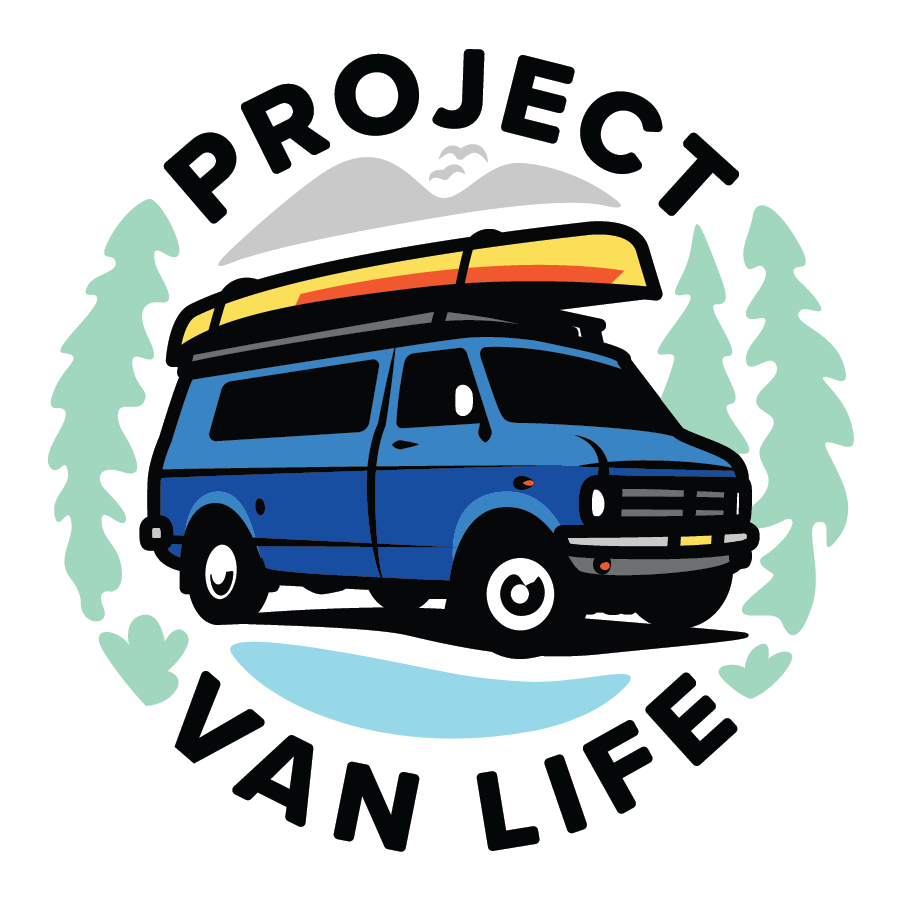
Login to Van Life Academy
if you are a member your login details can be found in your email. Otherwise please enroll here.
Already have an account? Login
Password Reset
The instructions to reset your password are sent to the email address you provided. If you did not receive the email, please check your spam folder as well